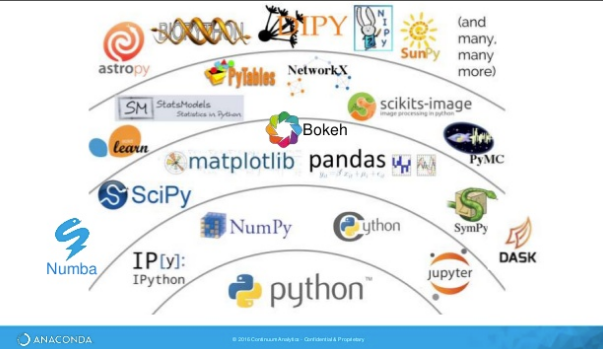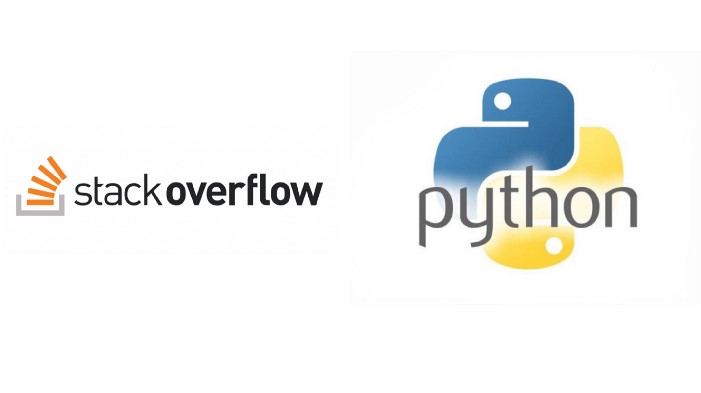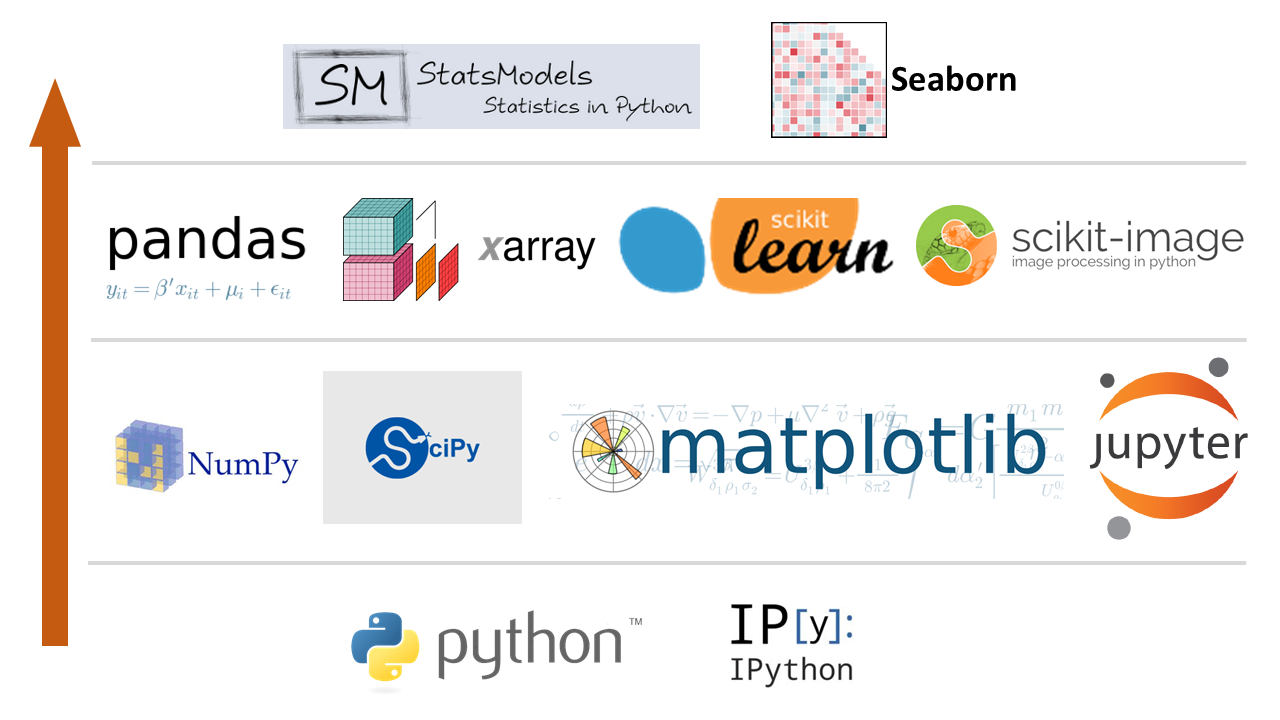Python seems to be a futuristic programming language, and for good reason. With an exponentially growing community around data science, machine learning, AI, web dev, desktop development, Android development, and more. Python is a language that opens programming access to the world.

In the realm of server-side software languages, Python is considered easy to read, write, and learn. Also, it’s extremely scalable. The world’s largest companies run on it, and it’s also great for quick and simple prototypes.
The list goes on for why we think it’s a good idea to learn Python programming, whether you are new to coding or an experienced dev.
Although there are many reasons why to learn python, here are 6 major reasons why you should.
What is Python?
Python is a high-level programming language used for general-purpose software engineering. It’s a server-side language – which means it runs on the server and is responsible for processing the logic behind user inputs, interacting with databases and other servers, etc.
Python is an open-sourced language like Java, and, in recent years, has increased in popularity due to its use in data science.
Python also has a strong community around machine learning, data modeling, data analysis, and artificial intelligence (AI), with extensive resources and libraries built for these purposes.
Initially developed in the late 1980s by Guido Van Rossum. Python has been around for decades alongside other server-side languages like Java and C.
Van Rossum modeled Python after the English language, eliminating unnecessary syntax to make it easier to read and write than other programming languages.
And yes, the rumors are true. Python is named after the British comedy group Monty Python. Indeed, if you decide to learn Python, you will code with the strength of many men.
Reasons why to learn Python
What is Python used for?
To name a few, Python is used in Data Mining, Data Science, AI, Machine Learning, Web Development, Web Frameworks, Embedded Systems, Graphic Design applications, Gaming, Network development, Product development, Rapid Application Development, Testing, Automation, the list goes on.
Python is used as an easier and more efficiently-written alternative to languages like C, R, and Java, and is growing in popularity as the primary language for many applications. Python makes the technology world easier.
1. data science with python

Historically, the R programming language is most commonly used for data science, with a rich ecosystem of libraries for statistical analysis.
As Python code is considered easier to maintain and more scalable than R, Python has increased in popularity for data science – especially among professionals without advanced education in statistics or mathematical fields.
In the past few years, many packages have been developed for data analysis and machine learning using Python.
This includes NumPy and pandas, which allow users to understand and transform data; TensorFlow, which is used to code machine learning algorithms; and pyspark, an API for working with Spark – a framework for easily working with large data sets.
These libraries allow the average web developer to analyze large amounts of data without having to learn the intricacies of the more complex R.
Google also loves Python programming for its solutions. Peter Norvig, director of research at Google, said that Python has been an important part of Google since the beginning, and will remain so as the system grows and evolves. Today, dozens of Google engineers use Python, and we’re looking for more people with skills in this language.
2. Web Development
Another reason for learning Python is for development. It offers so many good libraries and frameworks, e.g. Django and Flask, which makes web development really easy.
A task that takes hours in PHP can be achieved in minutes in Python. Python is also used a lot for web scraping. Some of the popular websites on the Internet, like Reddit, are built using Python.
In fact, there is a free Python course on Udemy that will teach you that while teaching Python.
3. Simplicity
This is the single biggest reason for beginners to learn Python. When you first start with programming and coding, you don’t want to start with a programming language that has tough syntax and weird rules.
Python is both readable and simple. It is also easier to set up, you don’t need to deal with classpath problems like Java or compiler issues like C++.
Just install Python, and you are done. While installing, it will also ask you to add Python to your PATH, which means you can run Python from anywhere on your machine.
4. Huge Community

You need a community to learn new technology, and friends are your biggest asset when it comes to learning a programming language. You often get stuck with one or another issue and at that time you need a helping hand.
Thanks to Google, you can find the solution to any Python-related problem in minutes. Communities like StackOverflow also bring many Python experts together to help newcomers.
5. Libraries and Frameworks
One of the similarities between Python and Java is the sheer number of open-source libraries, frameworks, and modules available to do whatever you want to do. It makes application development really easy.
Just imagine creating a web application without Spring in Java or Django and Flask in Python. It makes your job simple, as you only need to focus on business logic.
Python has numerous libraries for different needs. Django and Flask are two of the most popular for web development, and NumPy and SciPy are for data science.
In fact, Python has one of the best collections of machine learning and data science libraries, like TensorFlow, Scikit-Learn, Keras, Pandas, and many more.
If you want to learn more about Python machine learning libraries, I suggest you join the Python for Data Science and Machine Learning Bootcamp course, one of my favorites.
6. Multipurpose
One of the things I like about Python is its Swiss Army knife nature. It’s not tied to just one thing, e.g., which is good in data science and machine learning but nowhere when it comes to web development. Learning Python means you can do many things.
You can create your web applications using Django and Flask, and can do data analysis using NumPy, Scipy, Scikit-Learn, and NLTK. You can create a desktop application using Kivy, Tkinter.

At a bare minimum, you can use Python to write scripts to automate many of your days to day tasks.
Closing Notes
Thanks, You made it to the end of the article… Good luck with your Python journey! It is certainly a great decision and will pay you a lot in the near future.
If you like this article, then please share it with your friends and colleagues, and don’t forget to follow tgeniusclub on Twitter, Facebook, and Instagram.


The future of programming is Python
Pingback: How To Install Python On Windows – Genius Club
top top
Great post. I used to be checking constantly this blog and
I am impressed! Very useful info specially the last part :
) I care for such information a lot. I used to be looking for this
certain info for a long time. Thanks and best of luck.
Pingback: Top best 5 Python GUI’s libraries for professional users - Tgeniusclub
It’s so interested for real